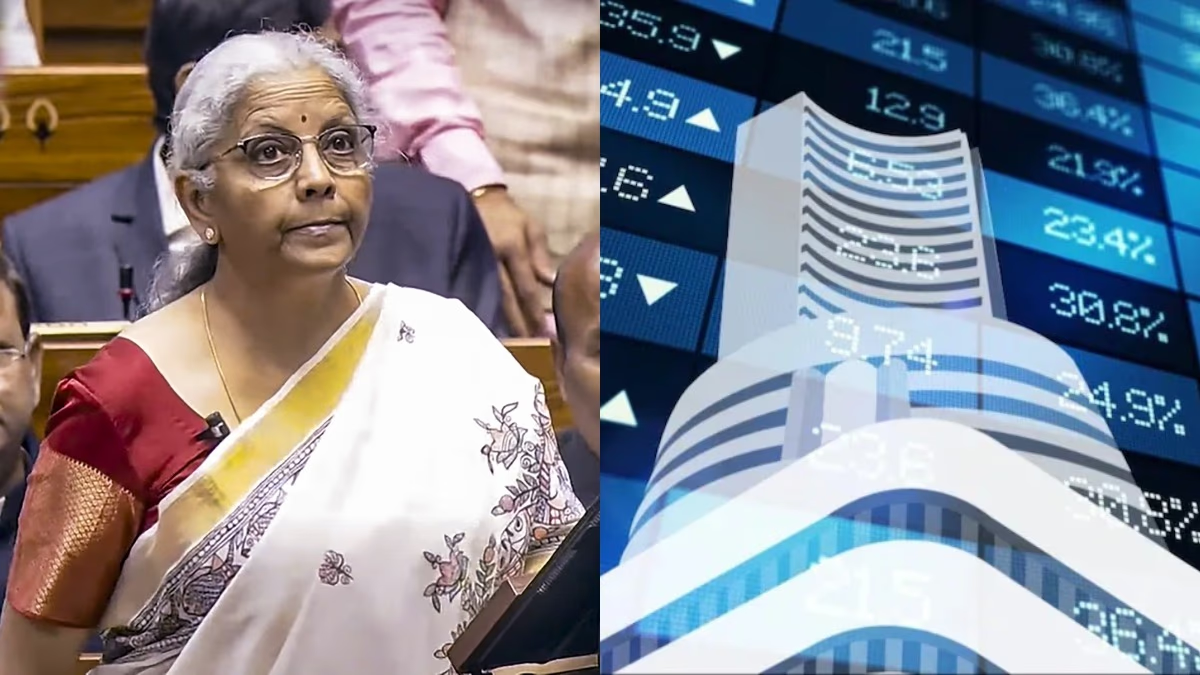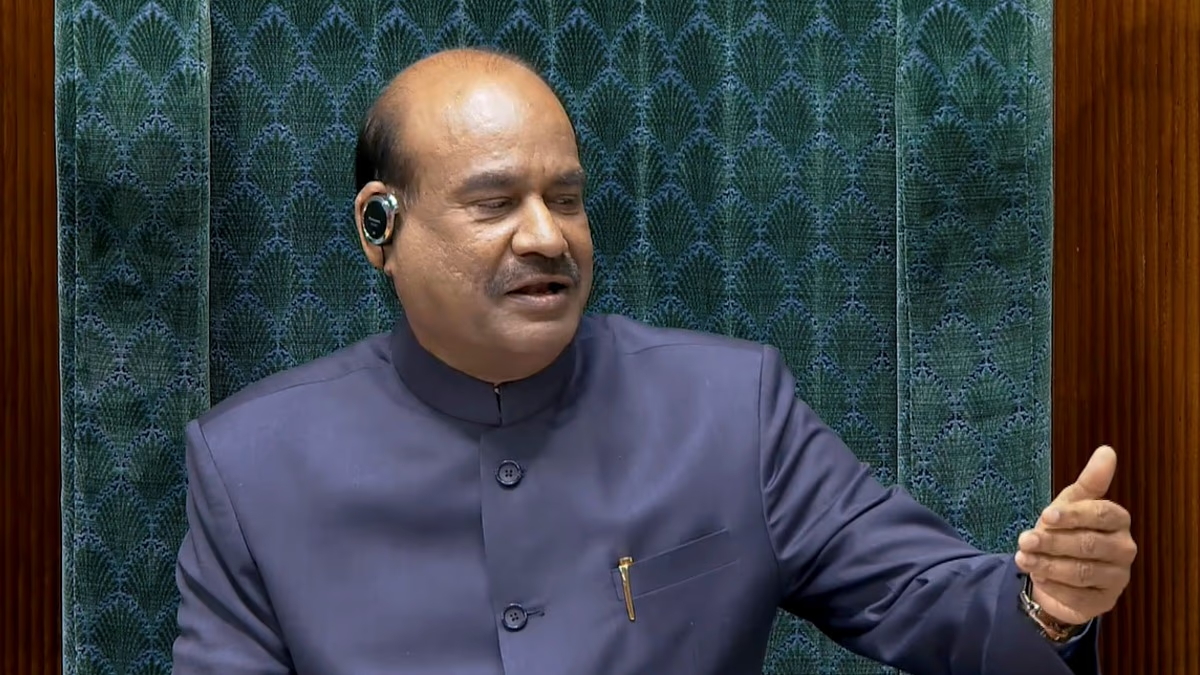In a significant relief for the middle class, the government announced a tax exemption for annual incomes of up to 1.2 million rupees on Saturday under the new tax regime. However, this announcement did not generate enthusiasm in the stock market, which remained nearly flat. The Sensex rose about 5 points to close at 77,505.96, while the Nifty ended 26 points higher at 23,482.15.
Experts have shared their perspectives on why there was no surge in the stock market, despite significant tax relief on budget day. They have also provided insights into the potential future direction of the market.
In a report published by Business Today, Akshat Shrivastava, founder of Wisdom Hatch and finance expert, stated that individuals earning 1.2 million might save between 80,000 to 100,000 rupees. He estimated that approximately 14 million taxpayers would benefit from these savings, equating to nearly ₹1.4 trillion. This substantial amount could be directed towards other expenditures or savings.
Why Didn't the Stock Market Climb?
Shrivastava explained that despite the potential for increased disposable income, the response of the stock market has been underwhelming. He remarked, 'The stock market has yet to show any positivity because the Indian market is not currently attractive to foreign investors.' He attributed this to India's sluggish economic growth rate, which has weakened investor sentiment.
Remaining cautiously optimistic, Shrivastava mentioned that the rising demand for private consumption might attract foreign investments. He expressed hope that as private consumption increases, foreign investors will see the opportunity for higher returns in India.
Sectors That Disappointed
Vinod Nair from Geojit Financial Services noted that the market had a mixed reaction to the Union Budget, primarily due to a modest 10% year-on-year growth in capital expenditure for fiscal year 26, falling short of expectations. He pointed out that sectors like railways, defense, and infrastructure, which typically influence market performance, showed limited gains. On the other hand, consumption-based sectors, expected to benefit from increased disposable income, had a muted impact.
Market Outlook
Ajit Mishra, a researcher from Religare Broking, mentioned that the Union Budget's effects could persist into the next session, particularly affecting consumption sectors. He stated that Nifty might remain around current levels as investors await clear signals, with the upcoming sessions potentially impacting market momentum.




